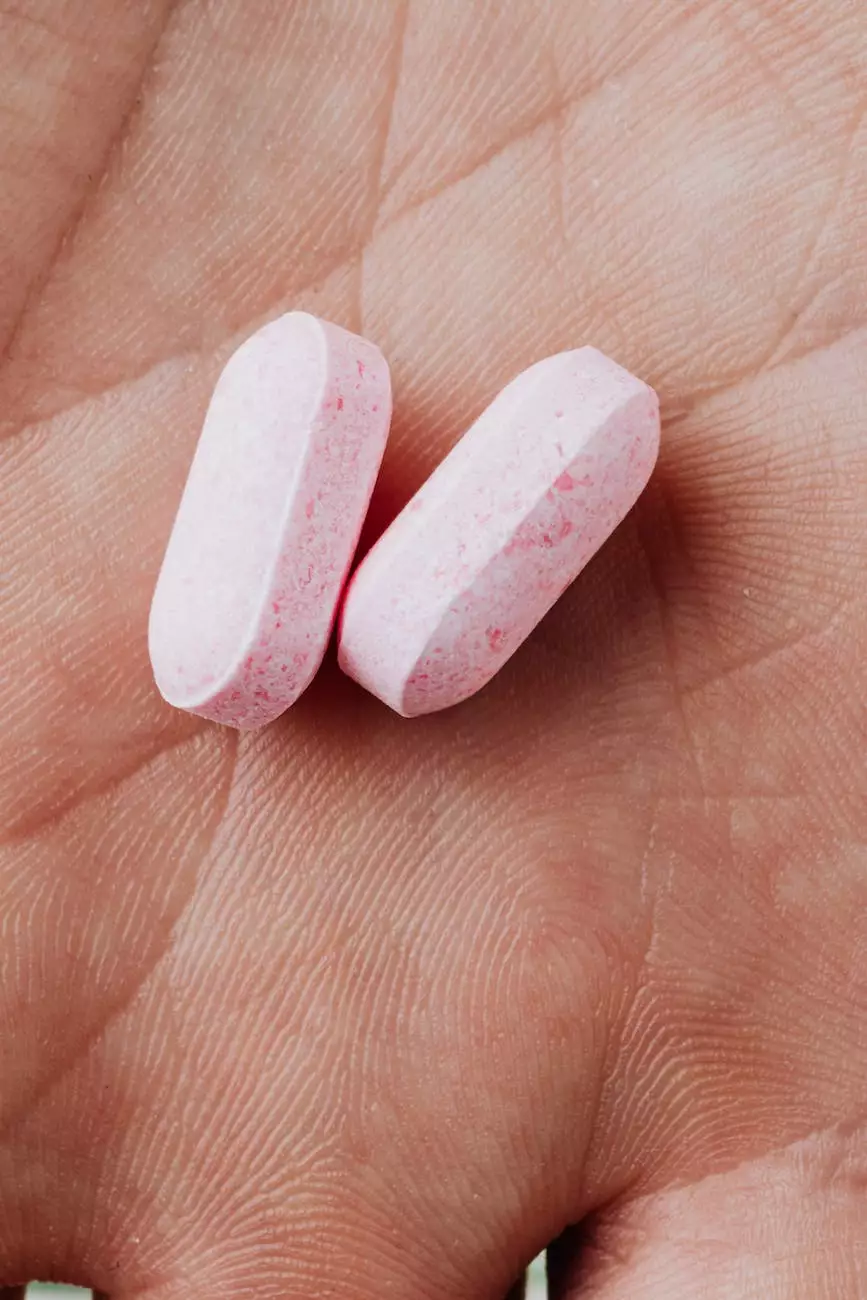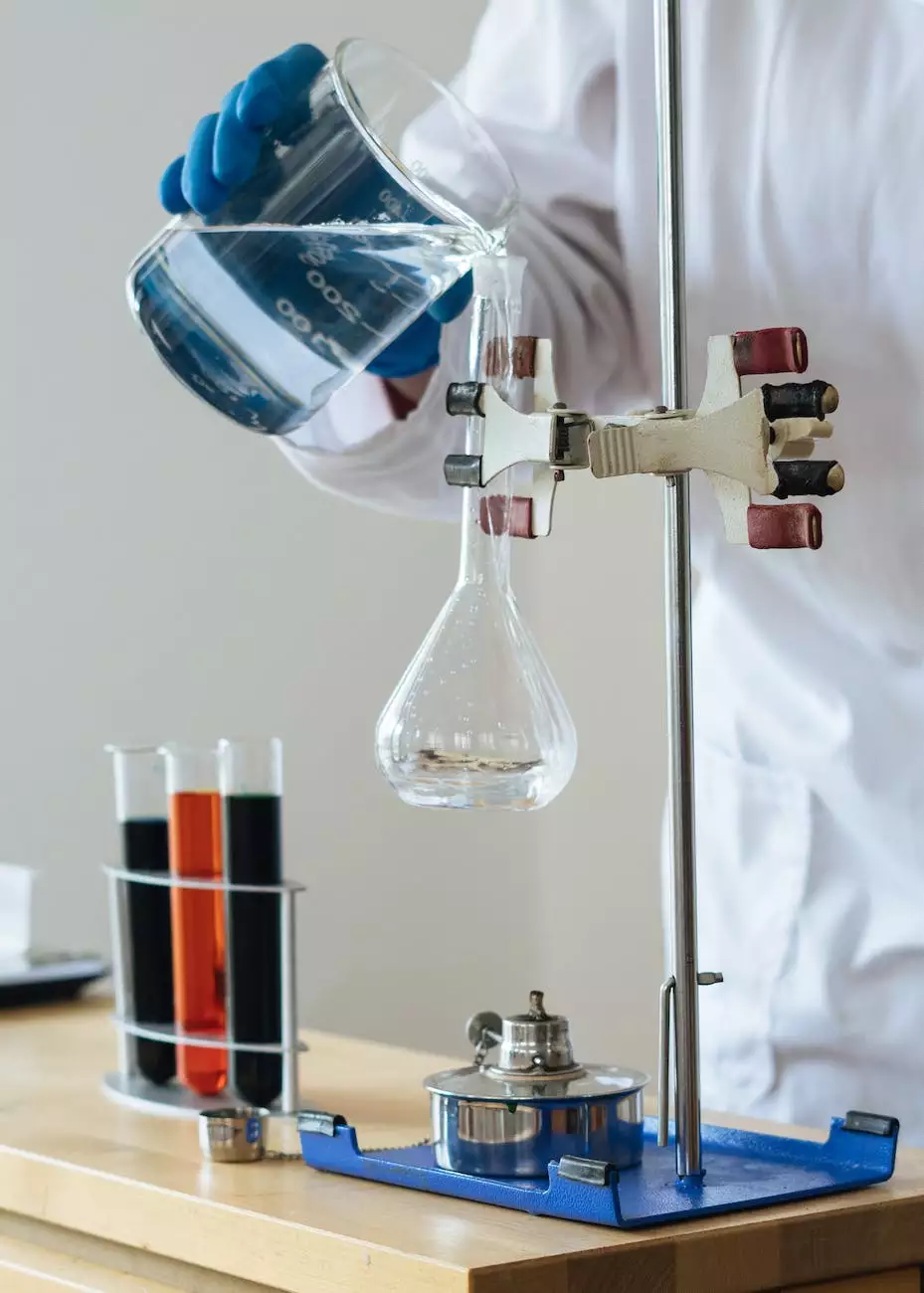Mammogram Quiz - Health Library - Furstenberg Michael Dr
Health Library
Introduction
Welcome to Furstenberg Michael Dr's Health Library, where we provide comprehensive information and resources to help you take care of your health. In this section, we present the Mammogram Quiz, a useful tool that allows you to test your knowledge about mammograms and women's health.
Why is Mammogram Important?
A mammogram is an essential screening tool for detecting breast cancer in its early stages when it is most treatable. It is a safe and effective method that uses low-dose X-rays to capture images of the breast tissue. Regular mammograms can help identify any abnormalities, such as lumps or calcifications, which could indicate the presence of cancerous cells.
What should you expect during a Mammogram?
During a mammogram, a qualified radiographer or technician will position your breasts between two plates of the mammogram machine. The plates will then compress the breast tissue temporarily to ensure clear and detailed images. Although this might feel uncomfortable for a brief moment, the entire procedure is relatively quick and should not cause any lasting pain.
Importance of Regular Mammograms
Regular mammograms are crucial for early detection and can greatly increase the chances of successful treatment. The American Cancer Society recommends women aged 40 and older to have annual mammograms. Women with a higher risk of breast cancer, such as those with a family history of the disease, may need to start screening at an earlier age or have them more frequently.
What happens after a Mammogram?
After your mammogram, a radiologist will review the obtained images for any signs of abnormalities. If necessary, you may be called back for additional tests, such as further imaging or a biopsy, to confirm or rule out the presence of cancer.
Benefits and Risks of Mammograms
Benefits:
- Early detection of breast cancer
- Increased chances of successful treatment
- Potential to detect cancer before symptoms are present
Risks:
- Exposure to low-dose radiation
- False-positive results leading to unnecessary tests or anxiety
- Discomfort during the procedure
Preparing for a Mammogram
To make the most out of your mammogram appointment, it is essential to follow these guidelines:
- Avoid wearing deodorant, powders, or creams on your chest area, as they can interfere with the imaging.
- Inform your healthcare provider if you have breast implants, as additional imaging techniques may be required.
- Schedule your mammogram for a time when your breasts are least likely to be tender. Avoid booking the appointment during your menstrual period.
Conclusion
Regular mammograms are a vital aspect of maintaining your breast health. By taking the Mammogram Quiz and staying informed about the latest guidance, you can play an active role in early detection and increasing the chances of successful treatment. Remember, early detection saves lives!
Visit Furstenberg Michael Dr's Health Library for more valuable resources and information on women's health and dental services.




